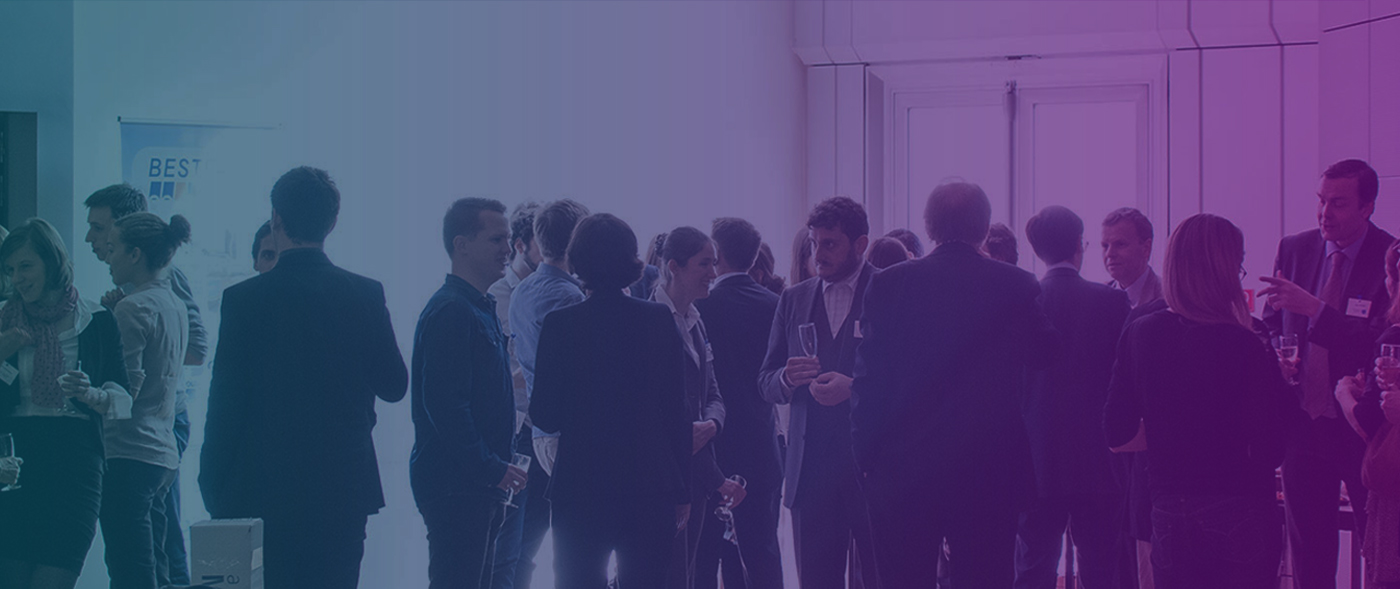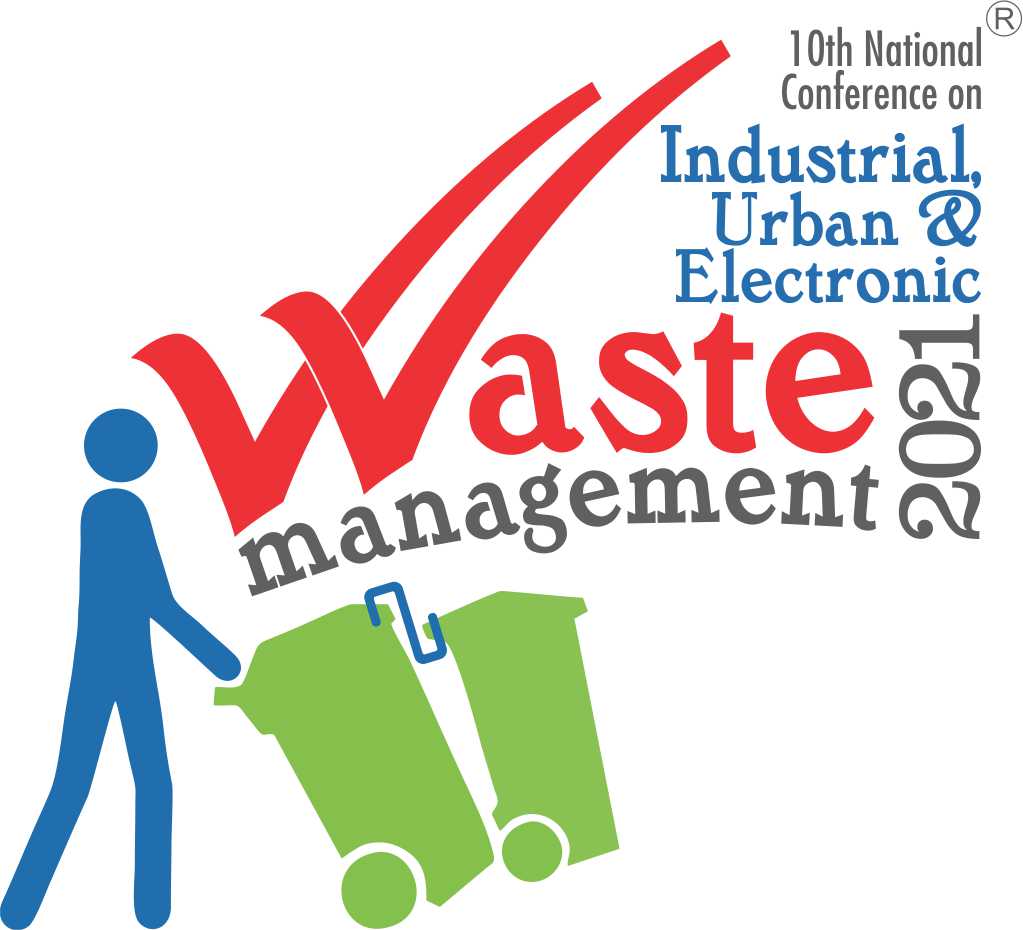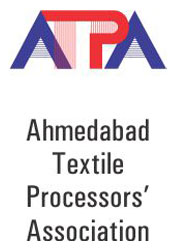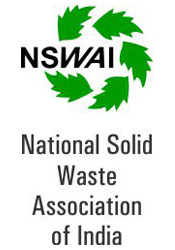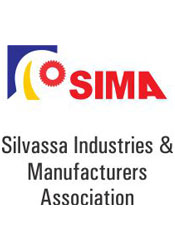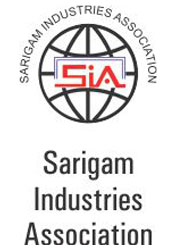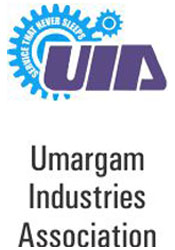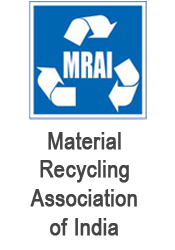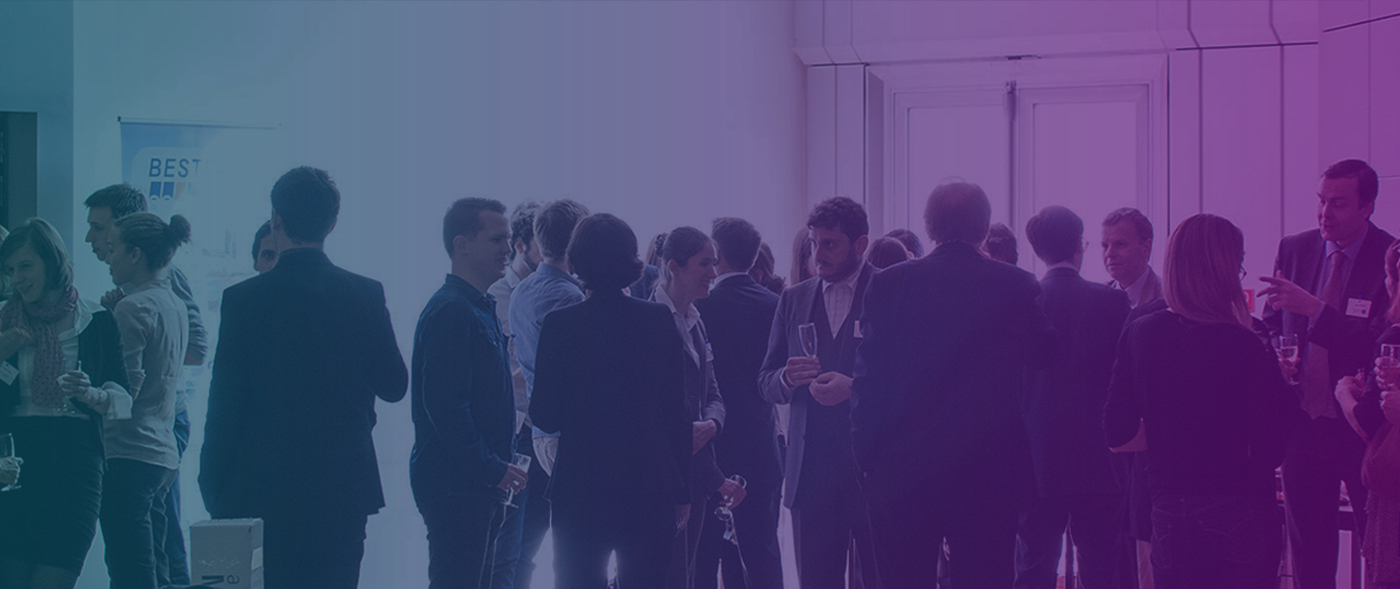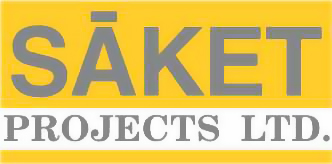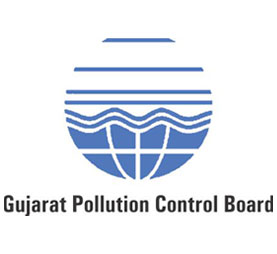Circular Economy
Since the industrial revolution, humankind has been following a linear model of production and consumption. Raw materials have been transformed into goods that are afterward sold, used and turned into waste that has been many times unconsciously discarded and managed.
On the opposite, the circular economy is an industrial model that is regenerative by intention and design and aims to improve resources’ performance and fight the volatility that climate change might bring to businesses. It has benefits that are operational as well as strategic and brings together a huge potential for value creation within the economical, business, environmental and societal spheres.
Converting Waste to Energy
During the 2001–2007 period, the waste-to-energy capacity increased by about four million metric tons per year. Japan and China each built several plants based on direct smelting or on fluidized bed combustion of solid waste. In China there are about 434 waste-to-energy plants in early 2016. Japan is the largest user in thermal treatment of municipal solid waste in the world, with 40 million tons. In 2018, about 12% of the 292 million tons of MSW produced in the United States was burned in waste-to-energy plants. The total estimated energy generation potential from urban and industrial organic waste in India is approximately 5690 MW.
E Waste Management in India
According to the Global E-Waste Monitor 2017, India generates about 2 million tonnes (MT) of e-waste annually and ranks fifth among e-waste producing countries, after the US, China, Japan and Germany. In 2016-17, India treated only 0.036 MT of its e-waste. About 95 per cent of India’s e-waste is recycled in the informal sector and in a crude manner. A report on e-waste presented by the United Nations (UN) in World Economic Forum on January 24, 2019 points out that the waste stream reached 48.5 MT in 2018 and the figure is expected to double if nothing changes.
Only 20 per cent of global e-waste is recycled. The UN report indicates that due to poor extraction techniques, the total recovery rate of cobalt (the metal which is in great demand for laptop, smart phone and electric car batteries) from e-waste is only 30 per cent. The report suggests that lowering the amount of electronics entering the waste stream and improving end-of-life handling are essential for building a more circular economy, where waste is reduced, resources are conserved and are fed back into the supply chain for new products.
Plastic Waste
A global material balance study on plastics points out that 79 per cent of the total plastics produced in the world enters our environment as waste. Only 9 per cent of the total plastic waste in the world is recycled. A Central Pollution Control Board (CPCB) report (2018-19) puts the total annual plastic waste generation in India at a humungous 3.3 million metric tonnes per year. Even this data, frightening as it is, might be an underestimation. While India’s plastic waste problem is not as huge as that of the rich world, it is definitely growing. Richer states like Goa and Delhi produce as much as 60 grams and 37 grams per capita per day respectively – against a national average of 8 grams per capita per day.
Hazardous Waste – Urban & Industrial
Ineffective solid waste management is a significant problem in India, especially in urban centres. About a third of the population lives in urban areas. By 2050, it is expected that about 50% of India’s population will be living in urban areas, and waste generation will grow by 5% per year. It is anticipated that by 2021, 2031, and 2050, waste arising will be around 101 million metric tons (MMT), 164 MMT, and 436 MMT per year, respectively. Municipal solid wastes which are hazardous are often simply collected, transported, and dumped without treatment or processing. A substantial amount of waste remains unattended at collection centers, roadsides, and riverbanks, with many small scale and large-scale industrial units disposing of their waste mainly in open spaces and adjacent to water sources, resulting in environmental pollution and risks to public health. Thus, despite significant socio-economic development, solid hazardous waste management systems in India have remained relatively unchanged and are inefficient. The 3Rs (reduce, reuse, and recycle) are seldom used, despite being part of the country’s policy framework.

